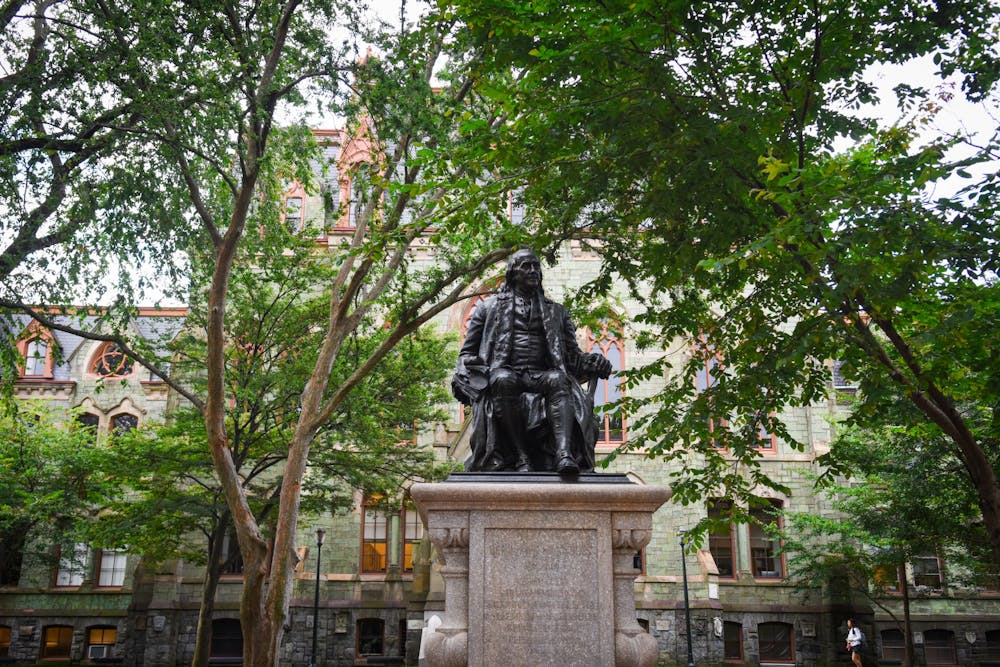
While Penn, Princeton, and Cornell withheld their admissions data for the 2021-22 cycle, several Ivy League acceptance rates dropped to a new low.
According to the Wall Street Journal, the decision to withhold the rates was a result of an effort to “play down how selective they are.”
With the exception of Dartmouth, all of the Ivy League schools experienced record-low acceptance rates, or — in the case of Columbia — held constant with previous record lows. Harvard admitted only 3.19% of applicants, and Yale accepted 4.46%.
Crimson Education, a leading educational consultant group for college applicants, chalked the lower acceptance rates up to many factors, such as more applications per student, the uncertainty of the pandemic, and changing admissions policies.
While Penn is yet to release admissions data for the Class of 2026 — with Penn Today reporting that admissions and demographics information will eventually be available in public data sets — data comparing Ivy acceptances over the years show a steep drop in Penn's acceptance rate from 21% for the Class of 2017 to 5% for the Class of 2025, according to Crimson Education.
These falling acceptance rates are consistent with ongoing trends, especially since the onset of the COVID-19 pandemic. Additional evolving trends in college admissions include the shift to test-optional admissions policies, and in some cases, changing attitudes towards legacy admissions. The state of California, for example, has banned legacy consideration in admissions.
While some colleges such as MIT have made the decision to revert back to its SAT and ACT requirements for the next admissions cycle, Penn announced in February that the University will extend its test-optional policies for the 2022-23 admissions cycle.
The Daily Pennsylvanian is an independent, student-run newspaper. Please consider making a donation to support the coverage that shapes the University. Your generosity ensures a future of strong journalism at Penn.
Donate







